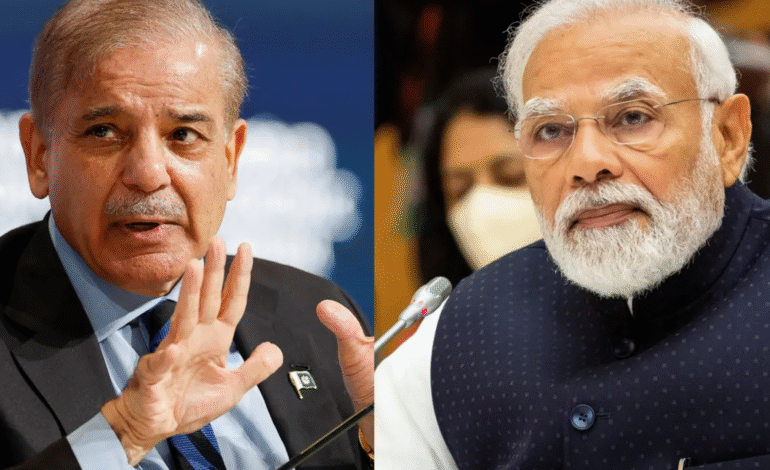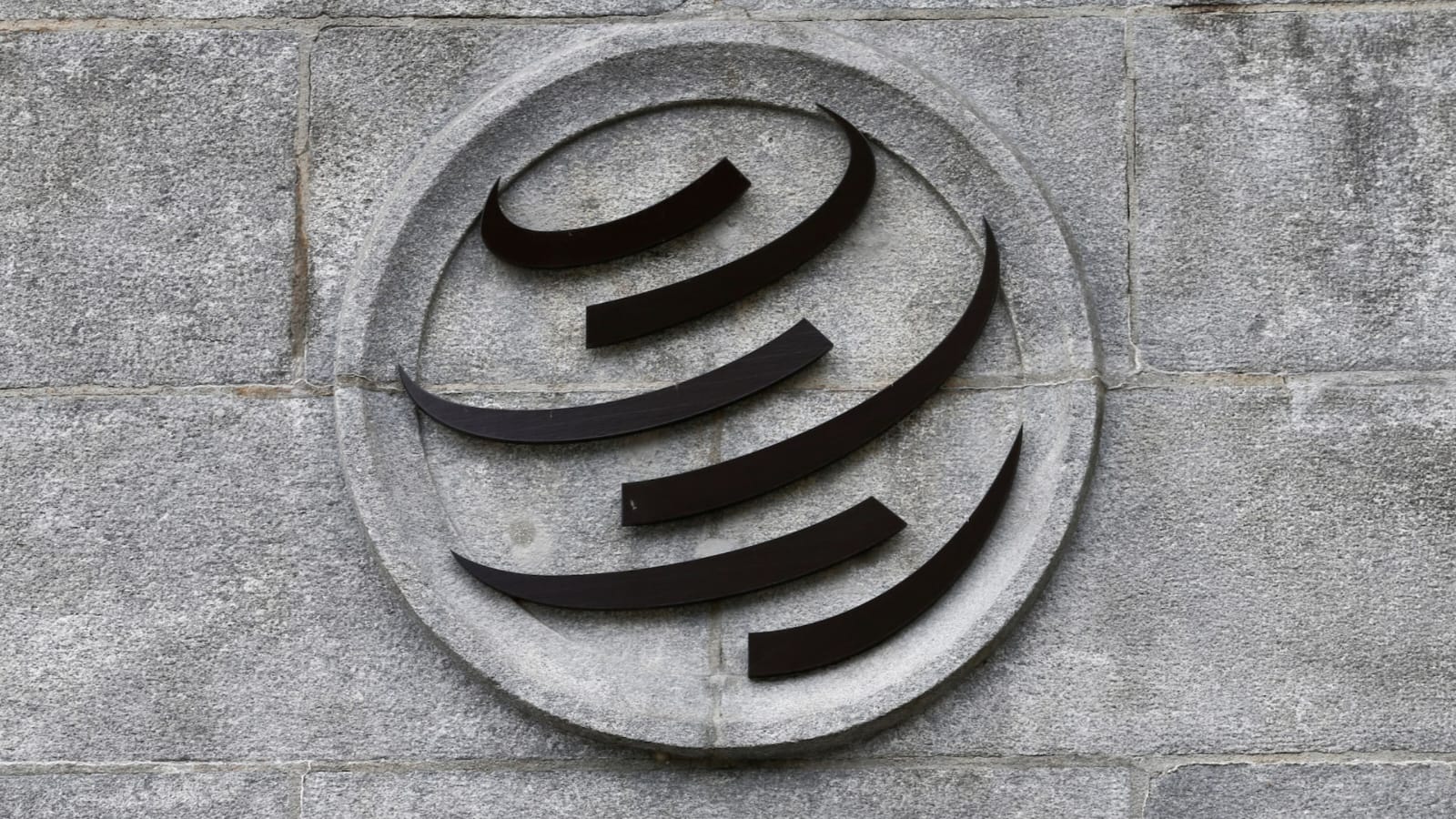India Considers Blocking Pakistan Services After Terror Attack

Navigating Diplomatic Strain Through Measured Actions India’s approach to cross-border diplomacy has entered a sensitive yet strategic phase following the devastating terror attack in Pahalgam, Jammu and Kashmir. With 26 lives lost on April 22 in a targeted assault on domestic tourists, the government has responded with firm diplomatic and administrative measures. Among these is the contemplation of suspending postal services and restricting digital access to Pakistani websites and IP addresses. This prospective move highlights India’s evolving security strategy in the digital age, where traditional borders extend into cyberspace.
India’s decisions are shaped not only by security imperatives but also by the broader diplomatic context of South Asia, where bilateral relations with Pakistan have long been influenced by incidents of terrorism, border skirmishes, and ideological divides. As the nation continues to seek justice for the Pahalgam victims, its policy choices are expected to resonate on multiple levels—diplomatic, humanitarian, and geopolitical.
The Pahalgam Attack: Tragedy That Rekindled Security Concerns
The tragic events in Baisaran Valley sent shockwaves across the country. On April 22, armed militants attacked a group of domestic tourists enjoying the scenic beauty of the region. The attack led to the deaths of 26 individuals, with several others critically injured. While The Resistance Front (TRF), believed to be a proxy of the Pakistan-based Lashkar-e-Taiba (LeT), initially claimed responsibility, they later issued a retraction, alleging that their digital platforms had been compromised.
Indian intelligence agencies and security forces quickly launched an intensive operation to identify and capture those involved. Sketches of three suspects were released publicly, and search operations were expanded throughout south Kashmir. The retraction by TRF did not significantly alter the security narrative in India, where the incident is seen as part of a recurring pattern of cross-border-sponsored terror.
India’s Strategic Response: Diplomatic Retaliation and Policy Shifts
In response to the attack, the Indian government initiated a series of diplomatic countermeasures. These included freezing bilateral engagement under the Indus Waters Treaty—a landmark agreement that governs the sharing of river waters between India and Pakistan. Additionally, India closed its airspace to Pakistani commercial flights and called back Indian officials stationed in Islamabad. Pakistani diplomats in India were also expelled, and the Attari-Wagah border crossing was shut down.
These moves signal India’s intent to isolate Pakistan diplomatically while conveying a message of zero tolerance toward terrorism. Prime Minister Narendra Modi reinforced this message publicly, stating that India would pursue every terrorist and their backers, no matter where they are found. The statement underscored the country’s willingness to use all available channels—diplomatic, economic, and legal—to confront and counter terrorism.
Proposed Measures: Targeting Cross-Border Digital and Postal Channels
In addition to the traditional diplomatic actions, India is now considering measures that reflect the growing importance of digital security. Blocking access to websites hosted in Pakistan and suspending postal services are among the options under review. These measures aim to limit potential propaganda dissemination and digital threats while severing informal channels of communication used by extremist groups.
The Indian government is reportedly working with cybersecurity experts and intelligence agencies to identify IP ranges associated with Pakistan. This digital firewall strategy, if implemented, would place India among the nations taking proactive steps to secure their cyberspace from foreign interference. Likewise, the suspension of postal services would impact physical communication, particularly in border states and among families with ties across the divide.
Historical Context: A Pattern of Communication Disruptions
This is not the first instance of postal or communication disruptions between the two neighbors. In 2019, following India’s decision to revoke Article 370, which granted special status to Jammu and Kashmir, Pakistan unilaterally suspended postal exchanges. The move came as tensions reached a peak, though the services were restored in November 2019 after diplomatic backchannel negotiations.
Such interruptions have been used historically by both countries to express political discontent or assert sovereignty. These measures, while symbolic, also reflect the deeply entrenched mistrust that underpins Indo-Pak relations. As a result, ordinary citizens often become collateral participants in geopolitical chess games.
Pakistan’s Reaction: Diplomatic Counterpoints and Legal Warnings
Pakistan’s response to India’s recent measures has been characterized by a combination of denial and reciprocal threats. Prime Minister Shehbaz Sharif publicly denied any Pakistani role in the Pahalgam incident and called for a neutral international investigation. Additionally, Islamabad has issued strong warnings, including the possibility of revoking the Simla Agreement, which serves as a cornerstone of bilateral peace negotiations.
Pakistan has also hinted at retaliatory actions such as closing its own airspace to Indian airlines and downgrading diplomatic ties further. These reactions point to the volatile nature of the bilateral relationship, where diplomatic engagement often swings between icy distance and outright hostility.
Impact on Citizens: Human Connectivity Versus National Security
Amid the flurry of diplomatic decisions, the people who suffer the most are often those with personal or familial connections across the border. Postal communications are still used by some families to maintain contact, especially where digital options are limited. Similarly, cultural and academic exchanges that foster mutual understanding are often the first casualties of deteriorating ties.
The move to block Pakistani websites may also have unintended consequences for those accessing neutral or educational content. Policymakers must therefore weigh the benefits of digital sovereignty against the collateral impact on civil liberties and open access to information. The humanitarian aspect cannot be ignored in favor of blanket policies that may inadvertently isolate innocent individuals.
Navigating Global Reactions: The Role of International Diplomacy
The developments in India-Pakistan relations have not gone unnoticed by the global community. Key allies and international bodies, including the United Nations and regional stakeholders, have urged both countries to exercise restraint and avoid further escalation. The global consensus appears to favor diplomatic engagement over isolationist policies, urging both sides to prioritize peace and constructive dialogue.
India’s current actions, while firm, are being closely monitored for their long-term impact on regional stability. Digital and postal restrictions, in particular, are seen as symbolic of a modern diplomatic approach that encompasses both cyber and territorial boundaries. How the international community perceives these measures will likely influence future diplomatic efforts in the subcontinent.
Balancing National Security with Long-Term Stability
India’s consideration of suspending postal services and blocking Pakistani websites is emblematic of a broader transformation in how modern states navigate security threats. In an era where information flows as freely as people and goods, governments are increasingly turning to digital borders as tools of statecraft.
While these measures are rooted in national security concerns, they must also be calibrated to ensure they do not alienate innocent individuals or damage long-standing cultural and familial ties. As India moves forward, it faces the delicate task of combining assertive security policies with a commitment to humanitarian values and diplomatic responsibility. The global community, meanwhile, watches closely, hoping for steps that lead to de-escalation, cooperation, and ultimately, a sustainable peace in South Asia.







